Garland tightens restrictions on political activity for DOJ appointees

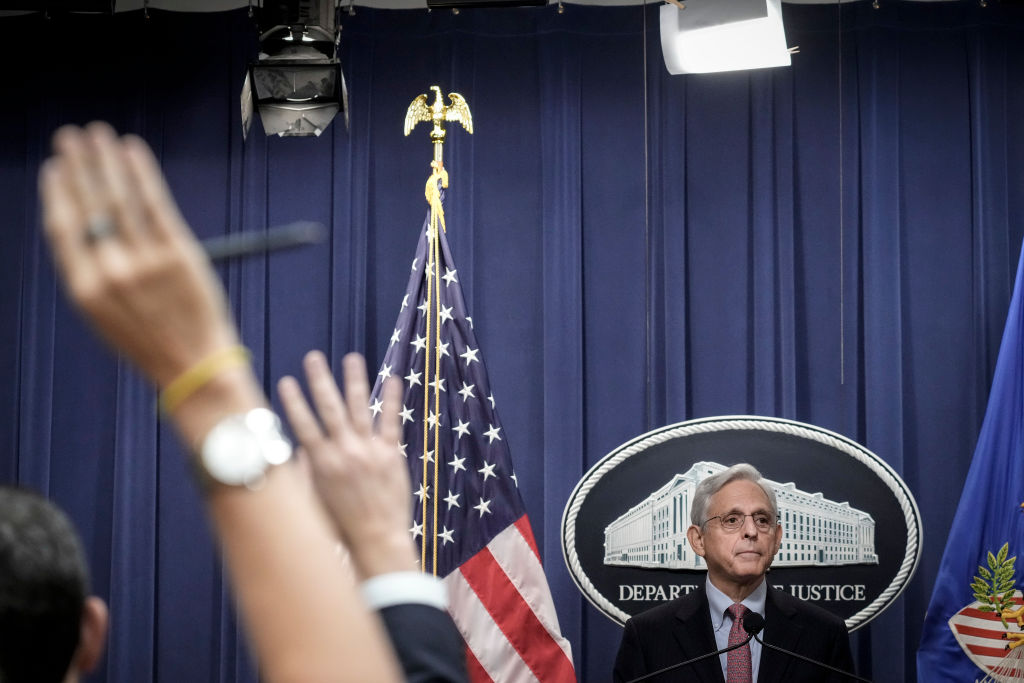
A free daily email with the biggest news stories of the day – and the best features from TheWeek.com
You are now subscribed
Your newsletter sign-up was successful
Attorney General Merrick Garland on Tuesday issued new guidance for political appointees at the Department of Justice, banning them for taking part in any sort of campaign event going forward, The Hill reports.
The updated rule comes as the DOJ fends off criticism for authorizing the FBI raid on former President Donald Trump's Florida mansion.
"We must do all we can to maintain public trust and ensure that politics — both in fact and appearance — does not compromise or affect the integrity of our work," Garland wrote in a memo to DOJ employees.
The Week
Escape your echo chamber. Get the facts behind the news, plus analysis from multiple perspectives.

Sign up for The Week's Free Newsletters
From our morning news briefing to a weekly Good News Newsletter, get the best of The Week delivered directly to your inbox.
From our morning news briefing to a weekly Good News Newsletter, get the best of The Week delivered directly to your inbox.
Previously, political appointees were permitted to attend partisan campaign events "in their personal capacities" so long as they "participated passively and obtained approval"; Garland's memo on Tuesday outlaws such exceptions, even if, for instance, an appointee had a close family member running for office, The Hill summarizes.
"I know you agree it is critical that we hold ourselves to the highest ethical standards to avoid even the appearance of political influence as we carry out the Department's mission," the attorney general continued. "It is in that spirit that I have added these new restrictions on political activities by non-career employees."
The announcement arrives just before the DOJ enters what is known as its 60-day pre-midterms "blackout" period, during which time it takes pains to avoid public activity in a outwardly political case, lest it "potentially affect the results of the election," writes The Washington Post.
A free daily email with the biggest news stories of the day – and the best features from TheWeek.com
Brigid Kennedy worked at The Week from 2021 to 2023 as a staff writer, junior editor and then story editor, with an interest in U.S. politics, the economy and the music industry.
-
 Film reviews: ‘Send Help’ and ‘Private Life’
Film reviews: ‘Send Help’ and ‘Private Life’Feature An office doormat is stranded alone with her awful boss and a frazzled therapist turns amateur murder investigator
-
 Movies to watch in February
Movies to watch in Februarythe week recommends Time travelers, multiverse hoppers and an Iraqi parable highlight this month’s offerings during the depths of winter
-
 ICE’s facial scanning is the tip of the surveillance iceberg
ICE’s facial scanning is the tip of the surveillance icebergIN THE SPOTLIGHT Federal troops are increasingly turning to high-tech tracking tools that push the boundaries of personal privacy
-
 Trump sues IRS for $10B over tax record leaks
Trump sues IRS for $10B over tax record leaksSpeed Read The president is claiming ‘reputational and financial harm’ from leaks of his tax information between 2018 and 2020
-
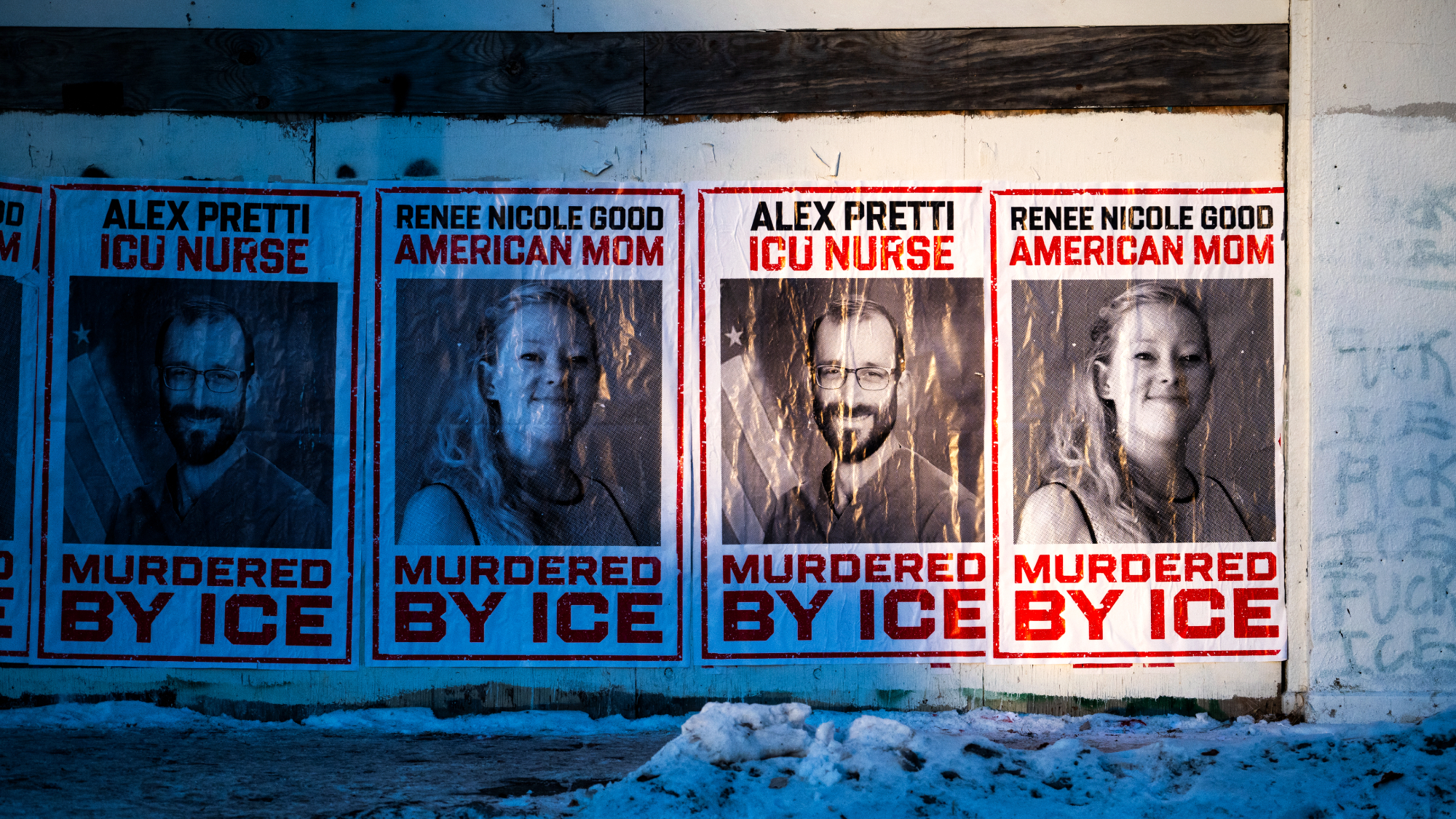 Trump, Senate Democrats reach DHS funding deal
Trump, Senate Democrats reach DHS funding dealSpeed Read The deal will fund most of the government through September and the Department of Homeland Security for two weeks
-
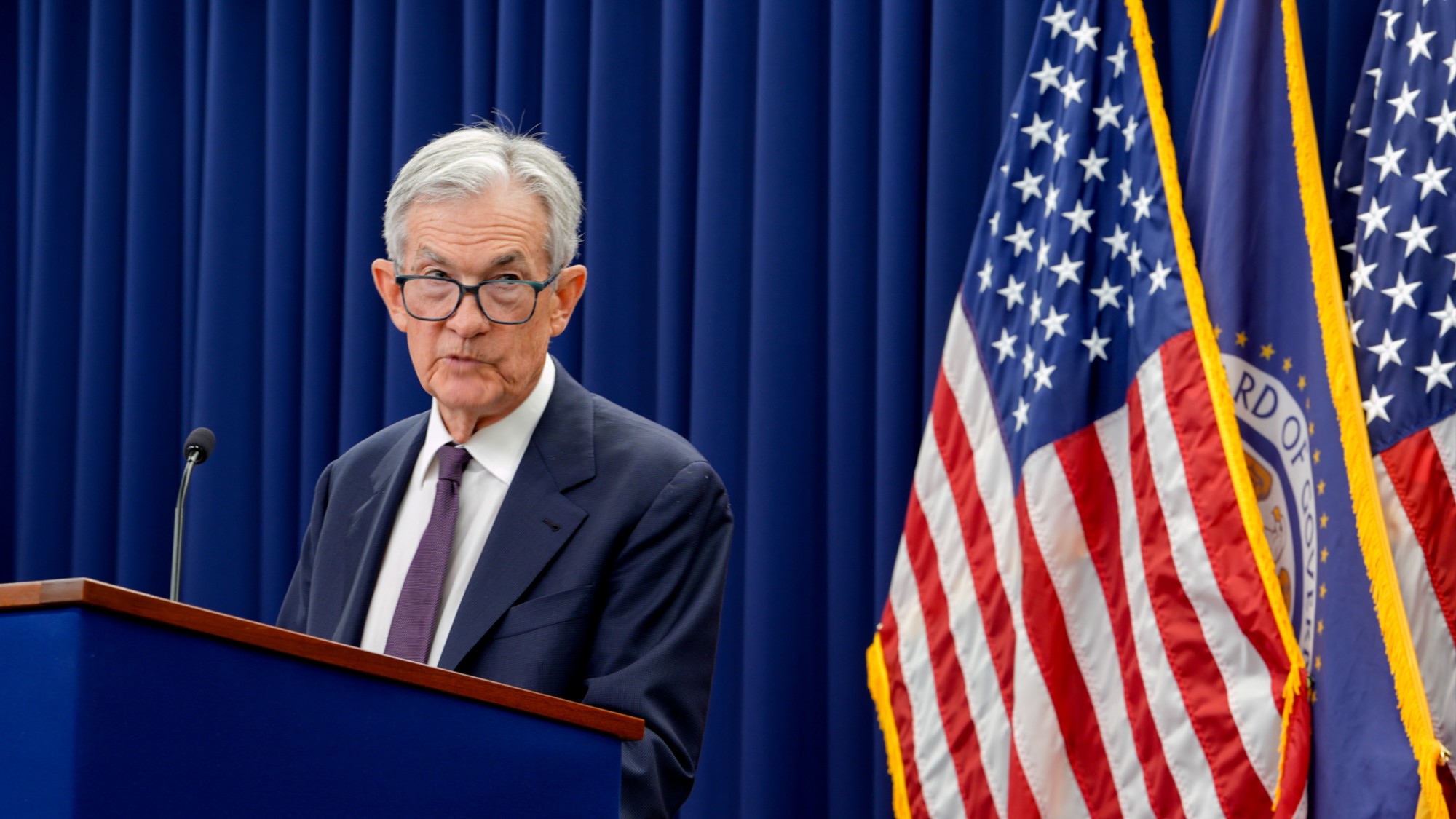 Fed holds rates steady, bucking Trump pressure
Fed holds rates steady, bucking Trump pressureSpeed Read The Federal Reserve voted to keep its benchmark interest rate unchanged
-
 Judge slams ICE violations amid growing backlash
Judge slams ICE violations amid growing backlashSpeed Read ‘ICE is not a law unto itself,’ said a federal judge after the agency violated at least 96 court orders
-
 Rep. Ilhan Omar attacked with unknown liquid
Rep. Ilhan Omar attacked with unknown liquidSpeed Read This ‘small agitator isn’t going to intimidate me from doing my work’
-
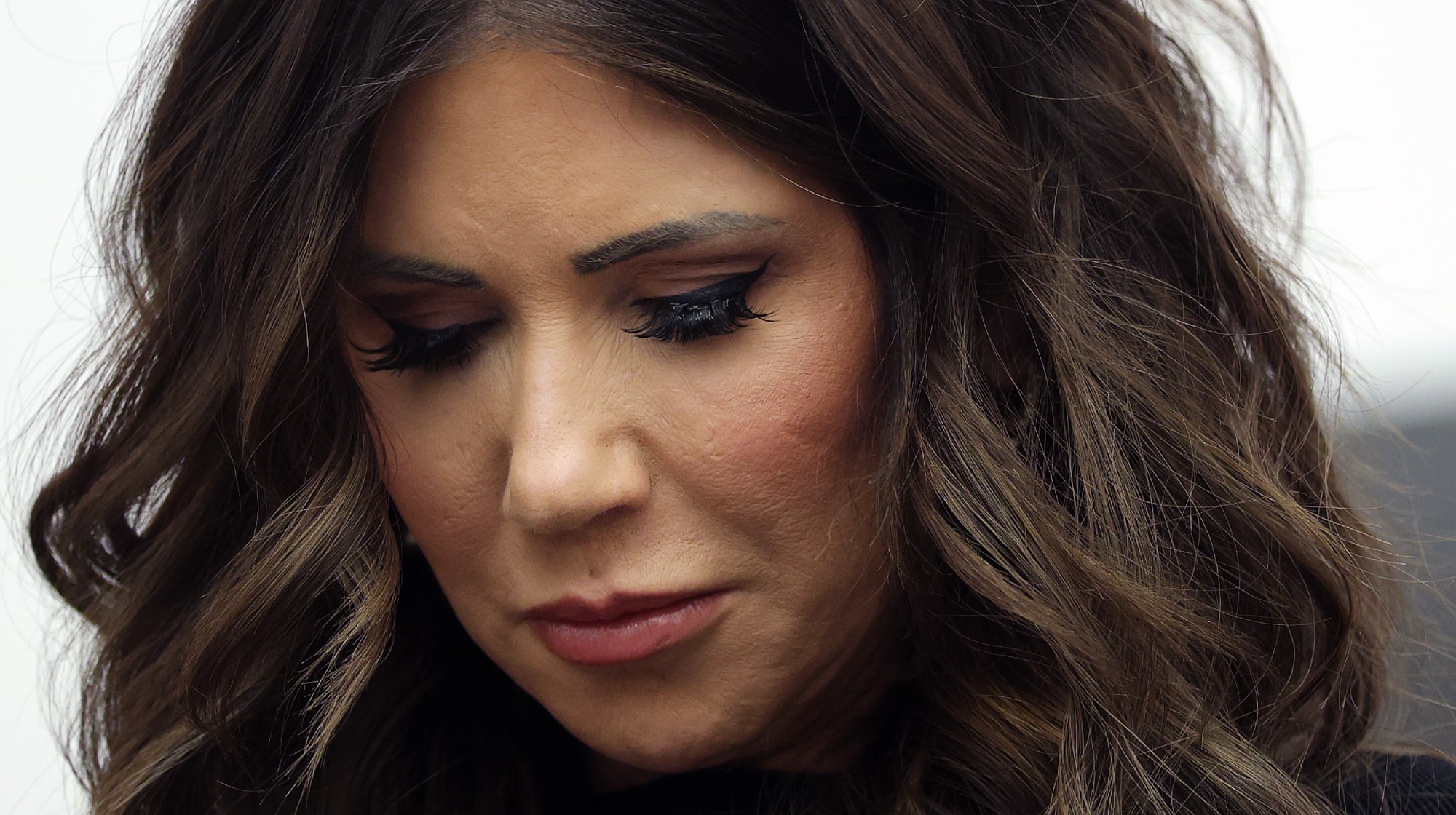 Democrats pledge Noem impeachment if not fired
Democrats pledge Noem impeachment if not firedSpeed Read Trump is publicly defending the Homeland Security secretary
-
 The billionaires’ wealth tax: a catastrophe for California?
The billionaires’ wealth tax: a catastrophe for California?Talking Point Peter Thiel and Larry Page preparing to change state residency
-
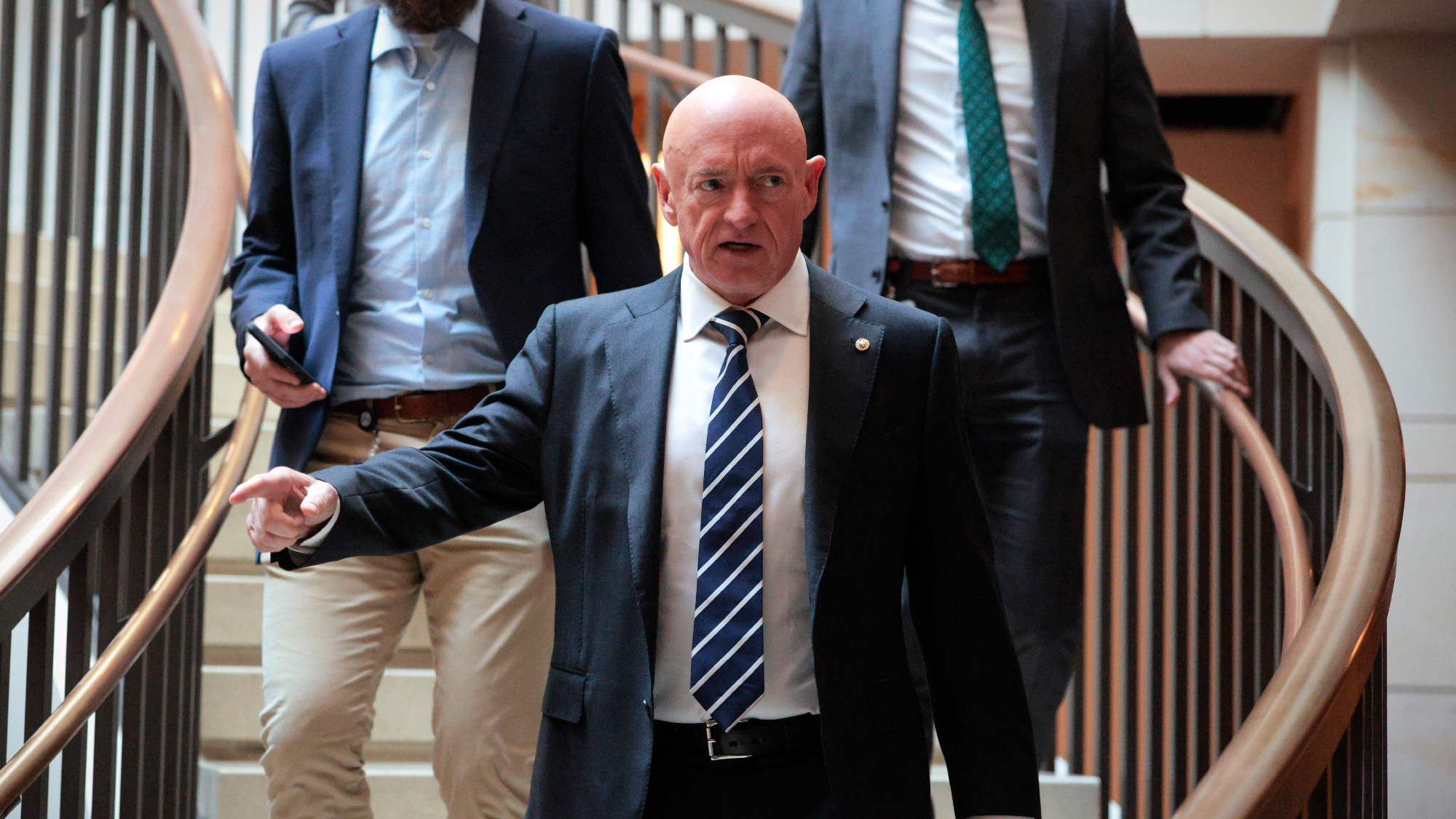 Hegseth moves to demote Sen. Kelly over video
Hegseth moves to demote Sen. Kelly over videospeed read Retired Navy fighter pilot Mark Kelly appeared in a video reminding military service members that they can ‘refuse illegal orders’
